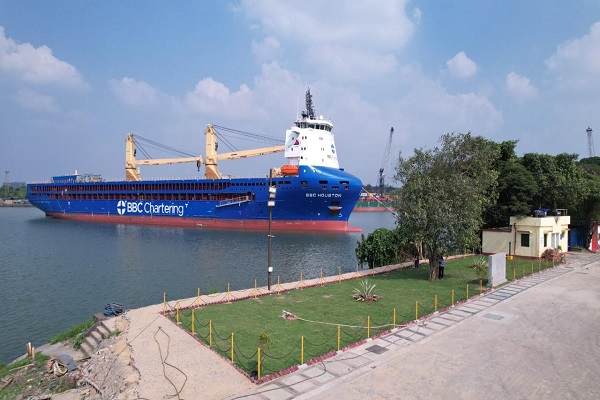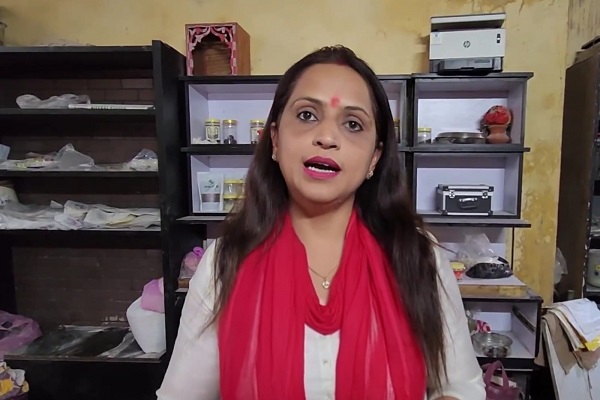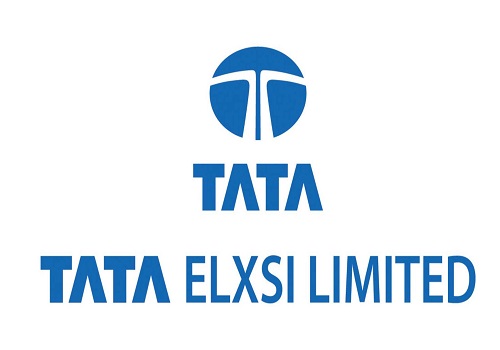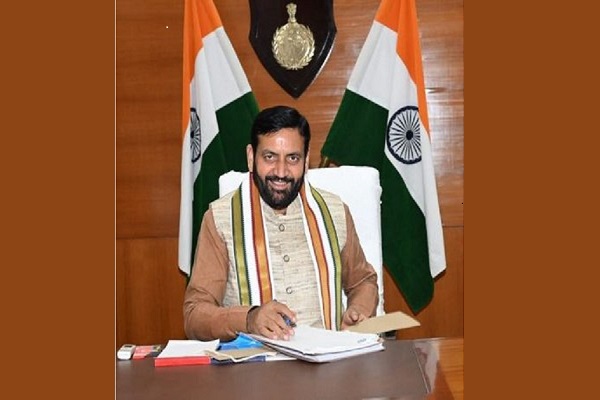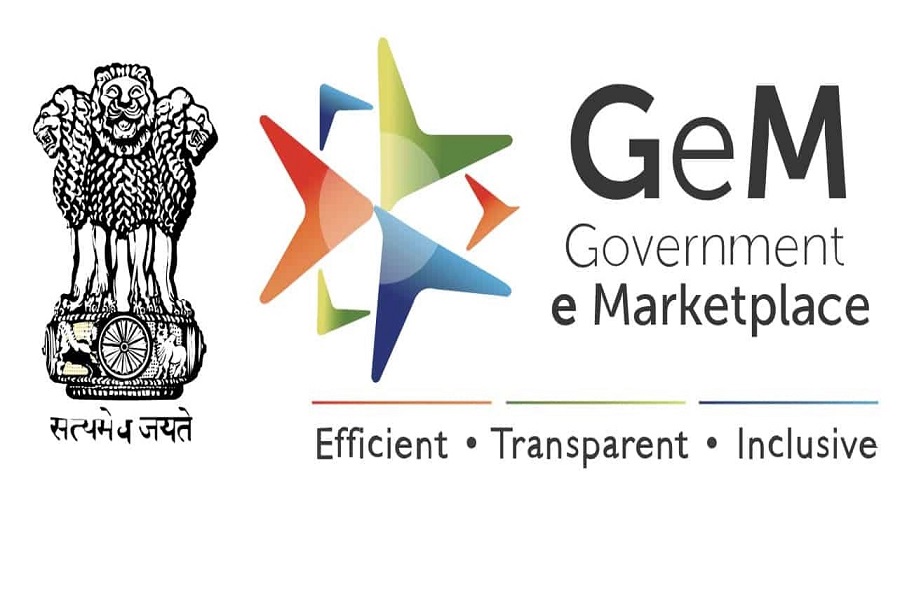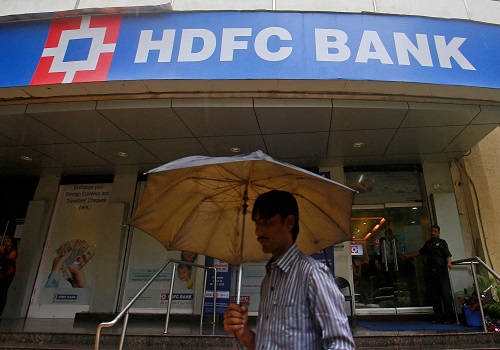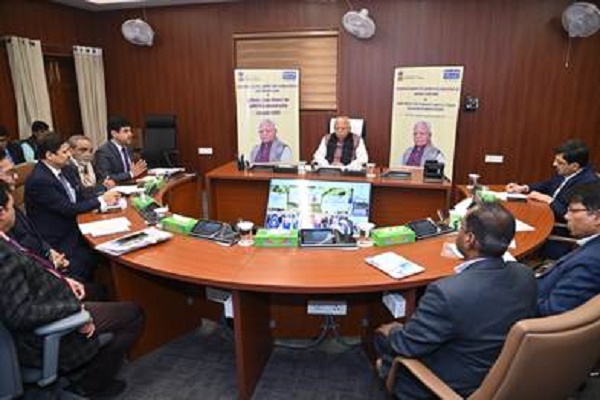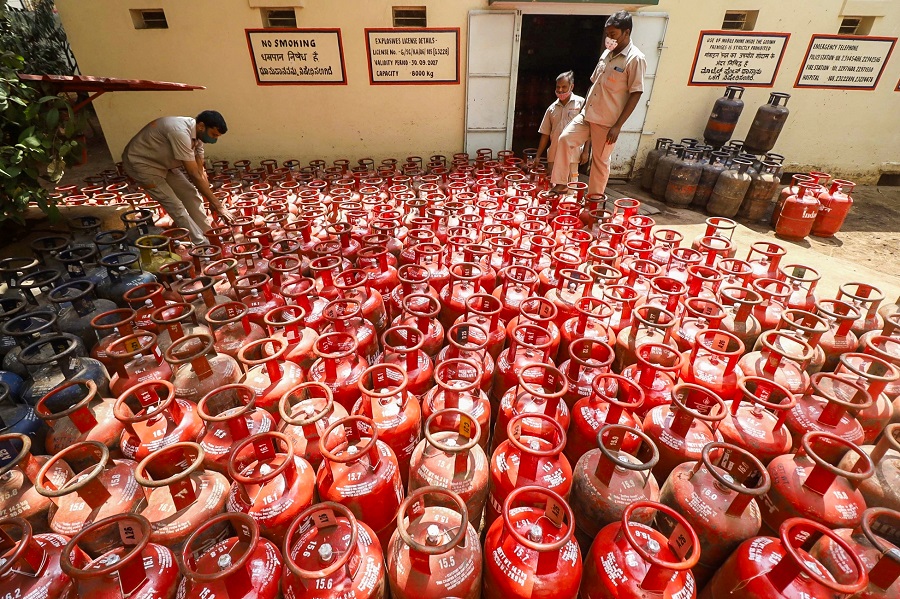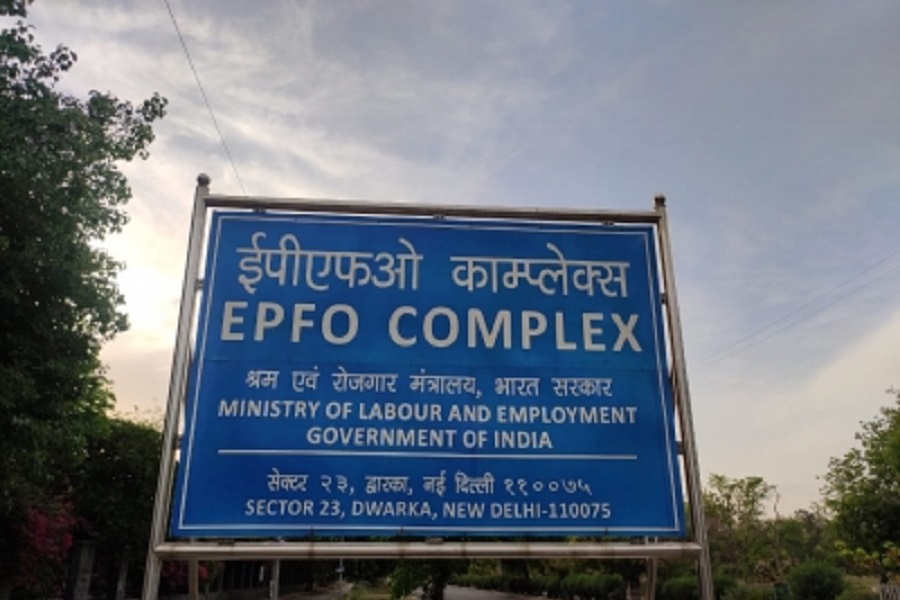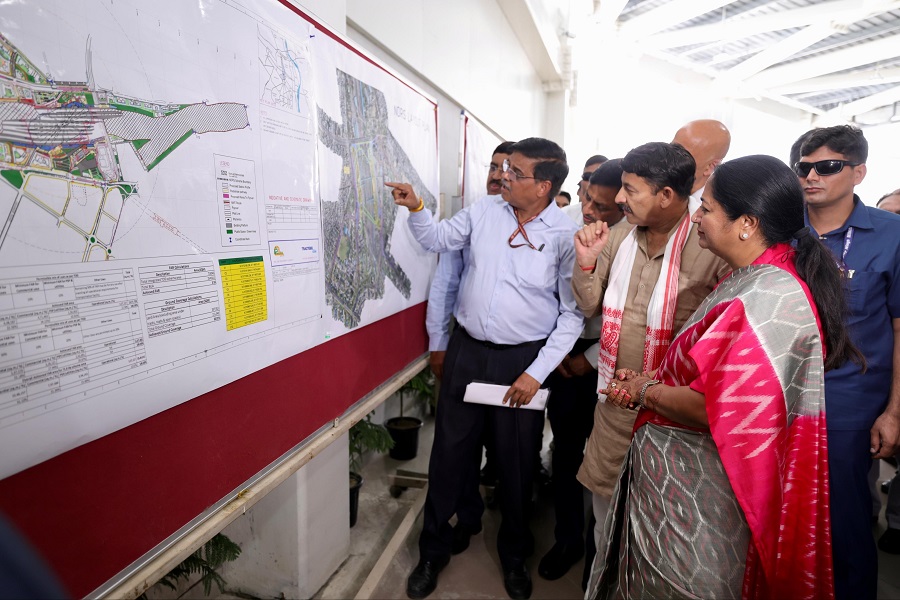India Post undertakes nationwide rollout of advanced postal tech under IT 2.0
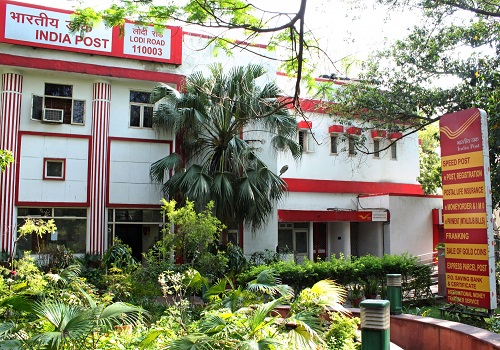
As part of its digital transformation under IT 2.0, India Post has undertaken a massive nationwide rollout of the Advanced Postal Technology (APT) application, the Ministry of Communication said on Wednesday.
This transition from the legacy system marks a major step toward delivering faster, smarter, and more customer-centric postal services.
Meanwhile, given the scale and complexity of this migration, spanning over 1.64 lakh post offices across urban, rural, and remote areas, slowness was observed during the first day of rollout on August 4.
However, the technical team worked around the clock and rectified the slowness by the next day.
Anticipating such challenges because of the scale and complexity of this rollout, the Department has already put in place dedicated support teams and real-time monitoring systems to promptly address and resolve operational issues.
The APT system is now delivering notable improvements in transaction speed, digital payment integration, real-time tracking, and overall user experience, the ministry said.
According to the ministry, on August 5, more than 20 lakh articles were booked and more than 25 lakh articles were delivered through the new application across India.
"India Post remains firmly committed to ensuring uninterrupted public service. The Department is closely monitoring performance and continues to take all necessary measures to ensure a smooth and efficient transition," it said.
Earlier, it was announced that the Department of Posts would introduce its next-generation APT application throughout Delhi in a major step toward digital transformation and improved customer service.
"On August 4, 353 Post Offices and 61 Branch Post Offices across the capital will launch the updated digital platform," the ministry had said last week.
For this, the department had planned a service outage for Saturday, August 2, to ensure a safe and seamless transition.
As the system went through necessary data migration, validation, and configuration procedures, no public transactions were conducted at the 414 impacted locations on this day.

